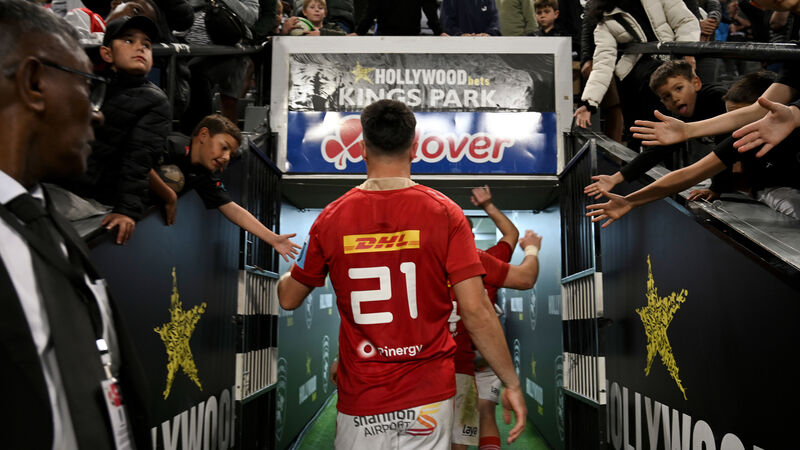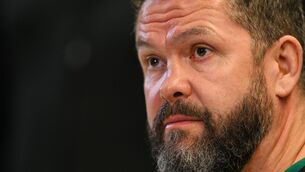We never replaced O'Gara and O'Connell - Conor Murray criticises 'penny-pinching' Munster

Conor Murray of Munster leaves the field after the defeat by Sharks last season. Pic: Steve Haag Sports/Darren Stewart
Conor Murray has criticised the Munster hierarchy for their poor recruitment policy, constant coaching turnover, and considerable "penny-pinching" in his new book launched on Thursday.
Murray, now officially retired, writes in , that he has "to hold my hand up and take my share of responsibility for Munster not achieving what those lads achieved" back in the 2000s, but he maintains that the players and coaches he soldiered with "could have got more help from the organisation".












